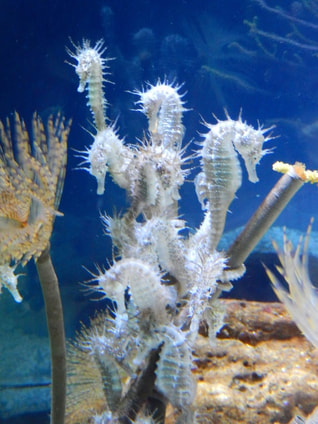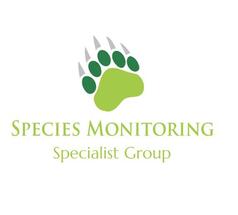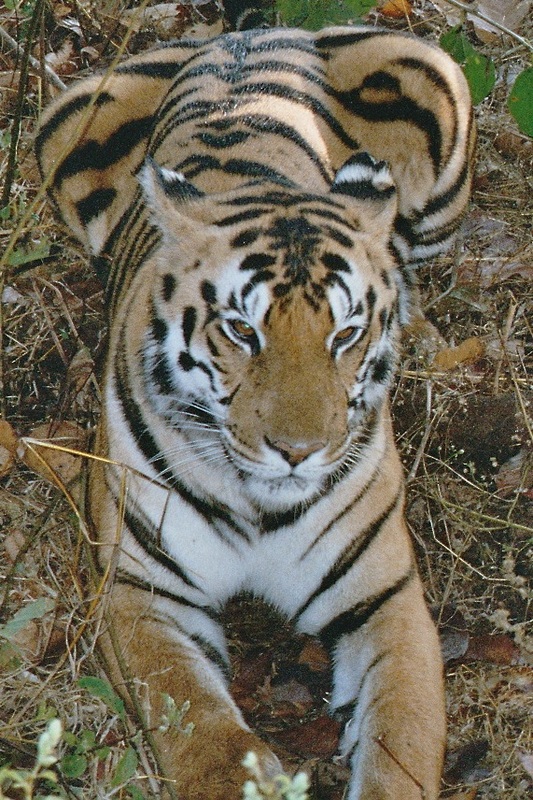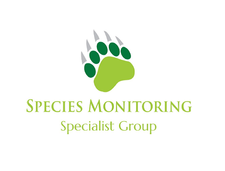The IUCN Species Survival Commission Species Monitoring Specialist Group aims to enhance biodiversity conservation by improving the availability and use of data on species populations, their habitats and threats.
Rationale
Species are monitored for a range of different reasons by a range of different people, such as:
Recent scientific literature demonstrates that:
As the world’s largest body of scientific expertise on species with more than 10,000 members, the IUCN Species Survival Commission (SSC) is already playing an active role in species monitoring, with available data being used to define and track the conservation status of species in the IUCN Red List of Threatened Species. Many specialist groups (e.g. many of those concerned with birds and large mammals) collate and share data of use in Red List assessments and in monitoring local and global conservation targets. However, many other groups are struggling (e.g. the Afrotheria Specialist Group has no accurate population data for its 80 target species of African mammals and limited data on distribution, habitats and threats). Even when data are available, they are not always up to date, harmonized or relevant to decision-makers. During a workshop (Species Monitoring: Overcoming the challenges to collecting, sharing and using data) at the IUCN SSC Leaders’ Meeting in Abu Dhabi, United Arab Emirates, on 17 September 2015, 62 SSC members (representing 55 organizations) confirmed the main challenges facing specialist groups with data collection and Red List assessments and proposed a set of key recommendations to enhance species monitoring. The main recommendation was the creation of a Species Monitoring Specialist Group (SG). |
Strategic approach
|
The Group’s strategic approach is to:
|
Our HistoryAfter the Abu Dhabi workshop, a report was produced by all participants and a proposal submitted to the SSC to act on the main recommendation and establish a Species Monitoring Specialist Group as a new SSC disciplinary group.
The Group was approved by the IUCN SSC Steering Committee in April 2016 and by the end of that month Simon Stuart (SSC Chair) appointed PJ Stephenson as chair. PJ started inviting relevant experts to join the group soon afterwards, and the recruitment process is ongoing. Membership is drawn from experts on an array of key monitoring issues such as methods, tools, databases, indicators, applications, capacity building and data use. The membership includes data users as well as technical experts so as to ground the Group’s outputs in reality and the needs of decision-makers. The Group also aims to reflect a suitable diversity of institution types (governmental, intergovernmental, academia, civil society, donors, MEA secretariats), geographies, taxa and biomes, as well as being gender balanced. We need monitoring generalists and taxonomic specialists. For an update on what we've achieved since the start of the Group, see Stephenson 2018 and a summary of progress up to June 2021. |

© PJ Stephenson |


